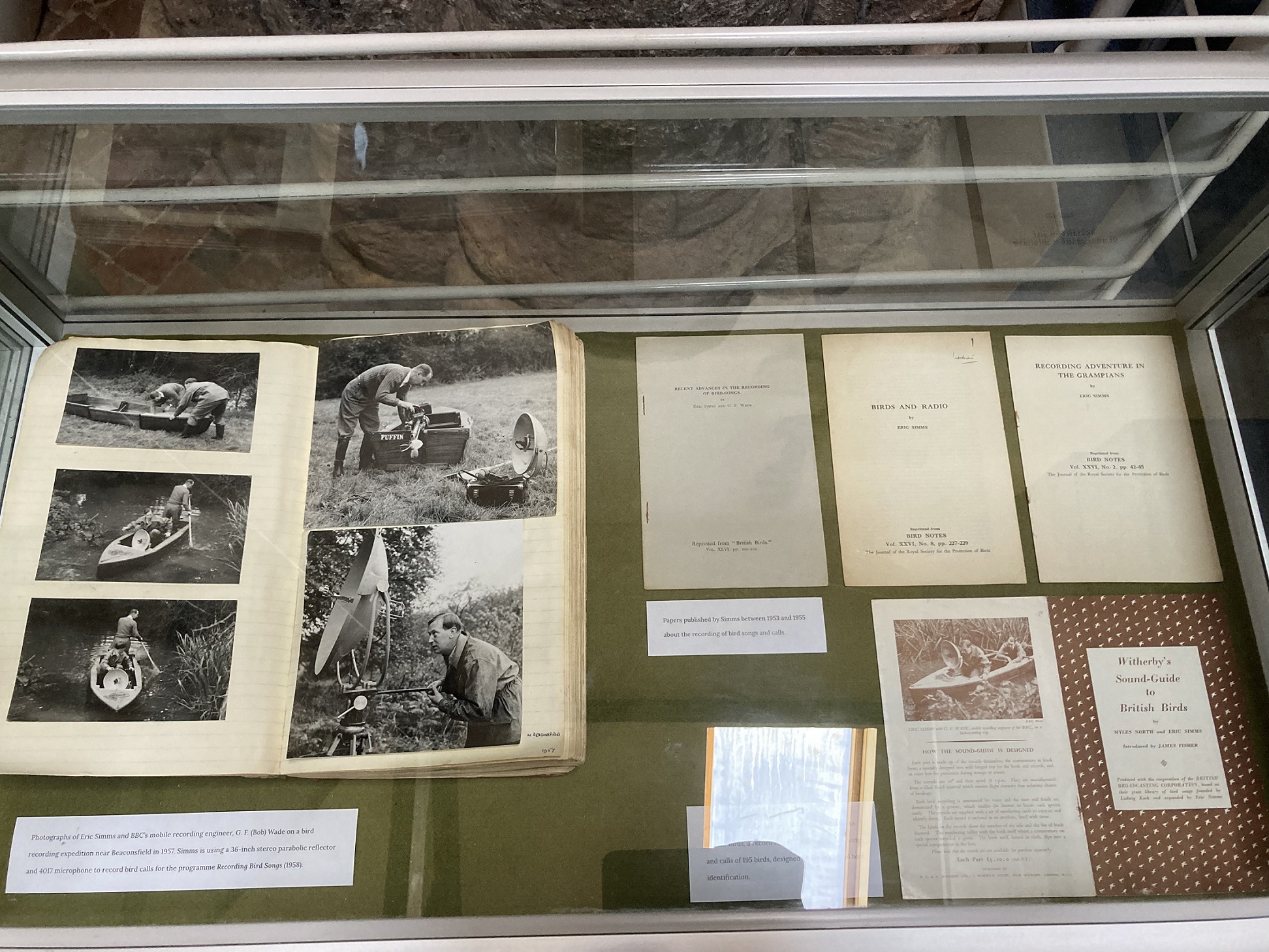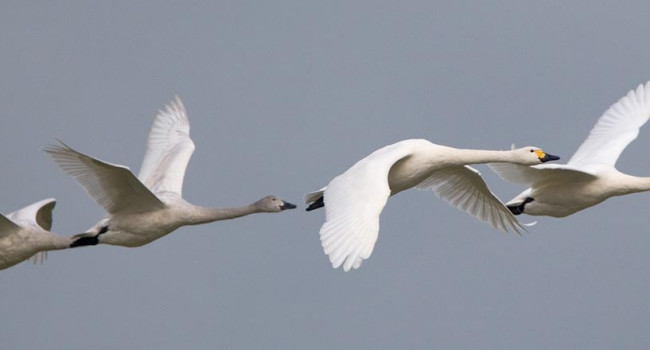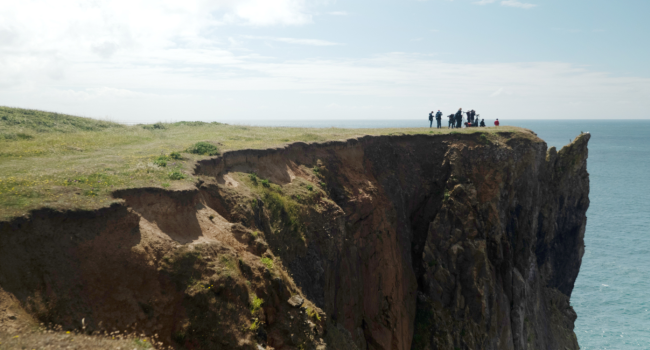
Getting to know Eric Simms at the BTO Archives
In August 2024, I had the exciting opportunity of volunteering in the BTO Archives at the Nunnery in Thetford. The Archives house a wide variety of documents, data, and photographs relating to the history and activities of BTO and the wider world of British ornithology. Over the last two years, BTO Archivist Lesley Hindley has worked tirelessly to improve the accessibility of the BTO Archives and to encourage and to enable the use of archival research methods within the field of ornithology.
As a recent history graduate with only a surface-level understanding of birds from my previous visits to BTO, the ever-growing collection of personal papers from prominent birders drew my attention. I am currently pursuing a career in archives and record management, and thanks to Lesley this placement has nurtured and reaffirmed my enthusiasm, while providing me with a comprehensive overview of what it means to be an archivist and adding substance to my CV.
Cataloguing Eric Simms’ personal papers
During my two weeks at the Nunnery, my primary project was cataloguing the personal papers of Eric Simms. The papers had been kindly donated to BTO by Simms’ son David in 2022, following his father’s passing in 2009. Eric Simms was a renowned ornithologist, naturalist, and broadcaster whose career began as a wildlife sound recordist and as the BBC’s resident ‘Bird Man’, succeeding Dr Ludwig Koch. Simms would go on to present and produce countless radio and TV broadcasts, pioneering nature recording through the use of portable recorders, parabolic sound reflectors, radio links, and hydrophones. I spent a few days sifting through Simms’ intricately scrapbooked press records, photographs, and personal letters as well as his ecological research. The meticulous detail in which Simms had recorded both his professional and personal life and interactions with his peers meant that I soon began to feel personally invested with the documents, experiencing the highs of his achievements, and the lows of his tragedies.
I also grew to like him and feel confident that his contribution to ornithology warranted a keen volunteer spending hours sorting and ordering his papers into neat hierarchies. I am now proud to say that Simms’ personal papers are catalogued and available to researchers and that his legacy has been preserved for future generations!
After I had completed the cataloguing process, I curated a display based on the archive collection of Eric Simms which you can currently visit at the exhibition space at the Nunnery. I enjoyed deciding how pieces would fit together to form a narrative around Simms’ ornithological achievements.
I am now proud to say that Simms’ personal papers are catalogued and available to researchers and that his legacy has been preserved for future generations!
Learning about archives
With Lesley’s guidance I worked out a structure with which to organise the Simms collection into a hierarchy made up of fonds, series, and items in line with the ISAD(G) archival cataloguing standard. It took some trial and error to neatly house everything and even then, I had a ‘miscellaneous’ section given the eclectic range of content within Simms’ papers. Using the cataloguing software Soutron, it is now clearly ordered and accessible on the BTO’s Archive catalogue.
As well as some of the theoretical aspects of archiving, Lesley taught me some of the practical skills I will need for a career in archives. I re-boxed collections using safe handling techniques and conservation principles. I even dabbled in environmental monitoring (only at BTO would you get employees excited at the prospect of finding bugs!). I also got to clean and repackage some of the vast collection of Oliver G. Pike’s early bird photography lantern slides and supervise a researcher who was using the Archives.
Taking my experience forward
My time with BTO has confirmed to me the importance of heritage and of archives, not only in cultural preservation but also in ecological research. I would highly recommend getting in touch with Lesley Hindley and BTO (archives [at] bto.org) if you are interested in work experience in the library/archive field. Given that the BTO Archives are still in their early days, there is lots of useful in person volunteering YOU could contribute. Lesley is an excellent teacher and the skills I developed and the opportunities I had to gain first-hand experience have been key in giving me the confidence to move onto the next step of my career. Now that I have returned to London, I miss the serene landscape of the Nunnery and hope to return for a visit soon.










Share this page